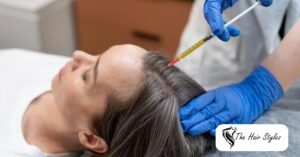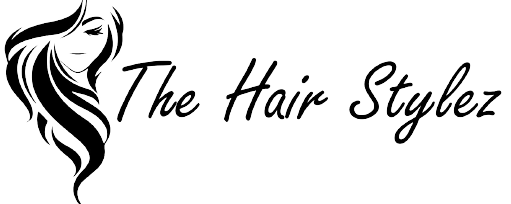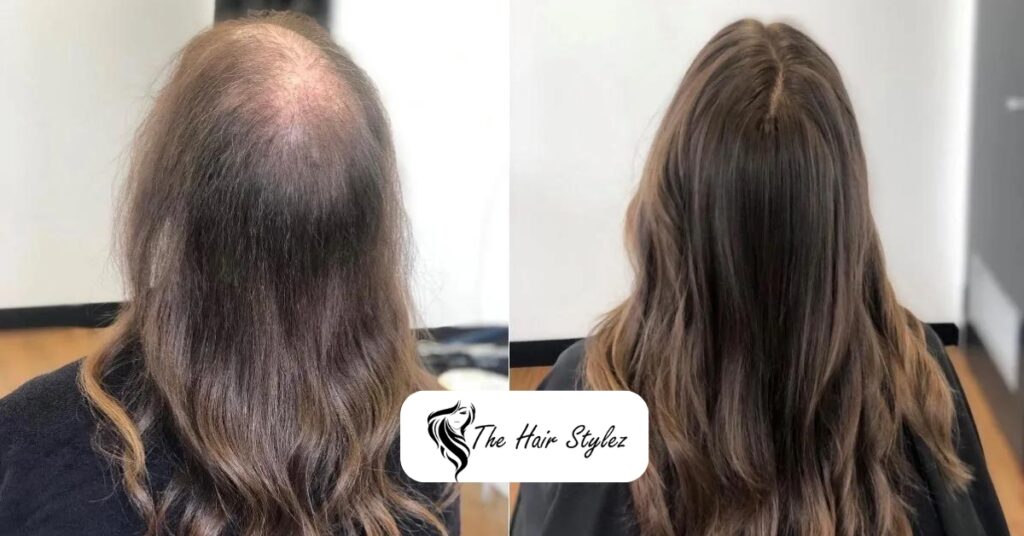Introduction
Concerns about hair growth and loss impact millions of individuals globally. Thankfully, there are several hair growth treatments out there to support you in reaching your hair objectives. This article examines a range of solutions to help you on your path to healthier, thicker hair, from natural therapies to medical interventions.
Recognizing Hair Growth and Loss
Phases of Hair Growth
Studying the hair development cycle is vital before starting any treatments. Three stages are felt by hair:
Anagen: The stage of growth in which hair is actively growing.
Catagen: The period of transition during which hair growth is reduced.
Telogen: The resting stage during which fresh hair growth starts and hair loses.
This cycle can be broken by a number of things, which can cause hair loss or slowed growth.
Causes of Hair Loss
There are several reasons that lead to hair loss:
Hormone imbalances: Differences in hormone levels may affect the growth of hair.
Genetics: Androgenetic alopecia, or hereditary hair loss, is a common reason.
Medication: Hair loss is a possible adverse effect of some drugs.
Stress: Long-term stress can hinder the growth of hair.
Poor diet: Hair health can be affected by nutrient deficits.
Hairstyles: Traction alopecia can arise from tight hairstyles.
Hair Growth Treatment: Natural Remedies
For hair growth, many people turn to natural therapies. These choices are frequently milder and have fewer negative impacts, yet the outcomes may differ:
Essential Oils
It is possible to promote hair development by using essential oils like lavender, peppermint, and rosemary. Research has demonstrated that these oils enhance the blood flow to the scalp and fortify hair follicles.
Aloe Vera
Aloe vera provides qualities that help condition hair and calm the scalp. It clears out hair follicles that could be clogged by too much oil and lessens dandruff.
Onion Juice
Sulfur is abundant in onion juice, which encourages the creation of collagen and aids in hair development. Thinning hair can be achieved by rubbing onion juice over the scalp.
Effective Medical Hair Growth Treatment
Minoxidil
A topical medication available over-the-counter that has been clinically shown to encourage hair growth is minoxidil. It acts by extending the anagen phase of the hair growth cycle and is applied straight to the scalp.
Finasteride
An oral drug called finasteride lowers dihydrotestosterone (DHT), a hormone associated with hair loss. It works very well for treating male pattern baldness.
Platelet-Rich Plasma (PRP) Hair Growth Treatment
In order to promote hair growth, platelet-rich plasma (PRP) hair growth treatment entails injecting the patient’s own plasma into the scalp. This procedure thickens the hair that already exists and improves the blood flow to hair follicles.
Hair Transplantation
Hair transplantation is a surgical procedure that moves hair follicles from areas of thick growth to balding areas.This hair growth treatment transfers healthy hair follicles to thinning areas.Its success rate is 60–80% for hair growth transplants.

Nutritional Supplements
Numerous vitamins and minerals are essential for healthy hair development.
Important vitamins for hair growth treatment include:
- Biotin
- Vitamin D
- Iron
- Zinc
- Omega-3 fatty acids
These may improve the general health of hair at a reasonable cost.
Lifestyle Changes for Hair Growth Treatment
Balanced Diet:For healthy hair development, a diet high in vitamins and minerals is essential. Eat a diet rich in foods that are high in zinc, iron, biotin, and the vitamins A, C, D, and E.
Regular Exercise:Enhancing blood circulation through exercise guarantees that hair follicles receive enough nutrients, which in turn can encourage hair growth.
Stress Management:Hair loss may result from ongoing stress. To lower stress levels, try stress-reduction methods including yoga, meditation, and deep breathing exercises.
Adequate sleep:For healthy growth of hair 7-9 hours good quality sleep per night is necessary.
Scalp care:Maintain a clean and hydrated scalp.
Gentle hair care:Stay away from harsh chemicals and overuse of heat styling.
Finding the Suitable Hair Growth Treatment
When selecting a hair growth treatment:
- Speak with a trichologist or dermatologist.
- Think about the origin and severity of your hair loss.
- Consider potential hazards and negative effects.
- Evaluate your spending and time commitment.
- Remain patient as it may take several months to see noticeable improvements.
The Future of Hair Growth Treatment
New therapies hold up hope for the development of hair:
- stem cell treatment
- Gene therapy
- 3D-printed follicles of hair
- Exosome treatment
In the upcoming years, these advancements might provide more individualized and efficient solutions.
Conclusion
Picking the best hair growth treatment takes time and effort. You can develop a comprehensive strategy to support healthy hair development by combining a variety of therapies, such as getting enough sleep, taking care of your scalp, using mild shampoos and conditioners, and other previously stated techniques. Never forget that speaking with a healthcare provider can help you decide which course of action is best for your unique situation.
FAQs
How long does it take to see results from hair growth treatments?
The time it takes to see results can vary depending on the treatment and individual. Some treatments, like minoxidil, may take several months to show noticeable results consistently. Others, like hair transplant surgery, can provide immediate improvements but require a few months for full results to become apparent.
Can diet alone improve hair growth?
A balanced diet is essential for healthy hair, but it may not address severe hair loss or thinning. Combining a healthy diet with other hair growth treatments can yield better results.
Are natural remedies effective for hair growth?
Some natural remedies, like essential oils and scalp massages, can promote hair health and stimulate growth. However, their effectiveness may vary from person to person. It’s critical to be patient and consistent with natural remedies.
What are the potential side effects of hair growth treatments?
Side effects can vary depending on the treatment. Minoxidil may cause scalp irritation or unwanted facial hair growth. PRP therapy may result in temporary swelling or bruising at the injection site. It’s crucial to consult with a healthcare professional before starting any new treatment to understand the potential risks and benefits.
Can stress cause hair loss?
Stress can contribute to hair loss by disrupting the hair growth cycle. Managing stress through relaxation techniques, exercise, and adequate sleep can help reduce hair loss and promote overall health.

